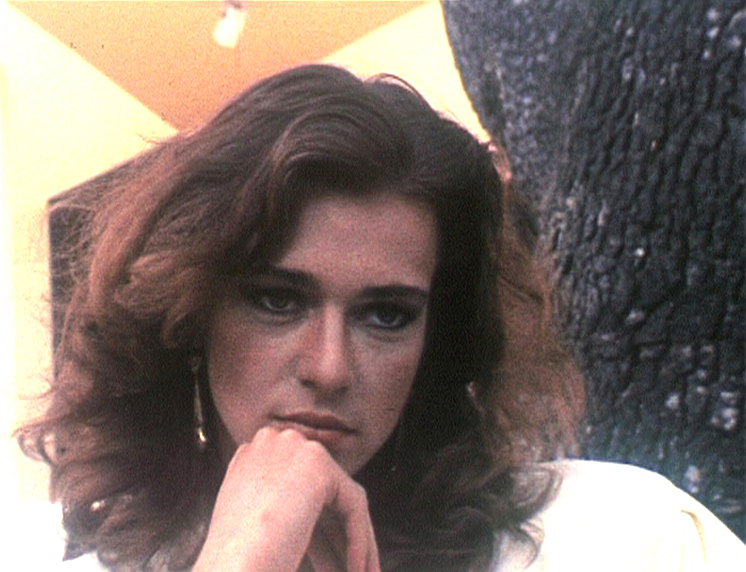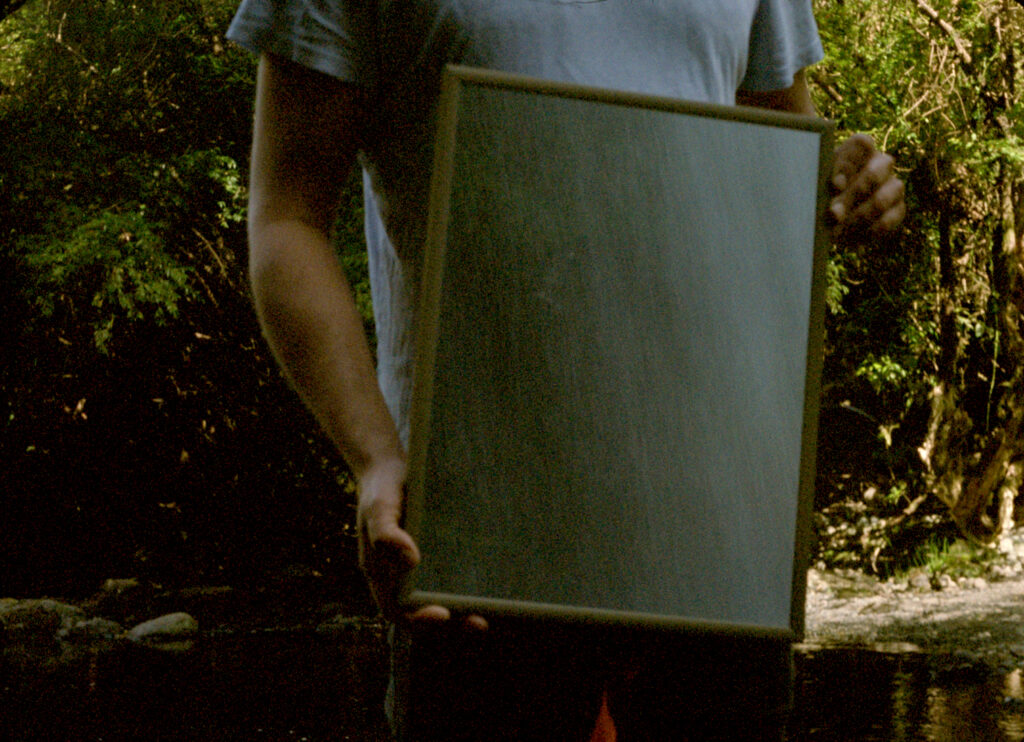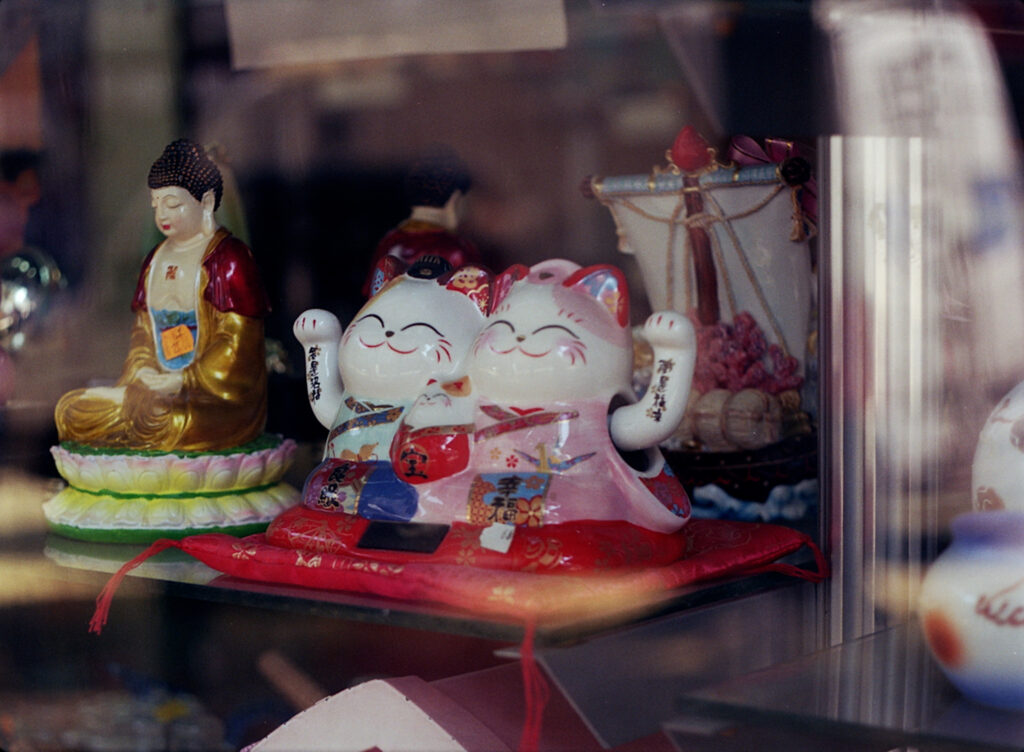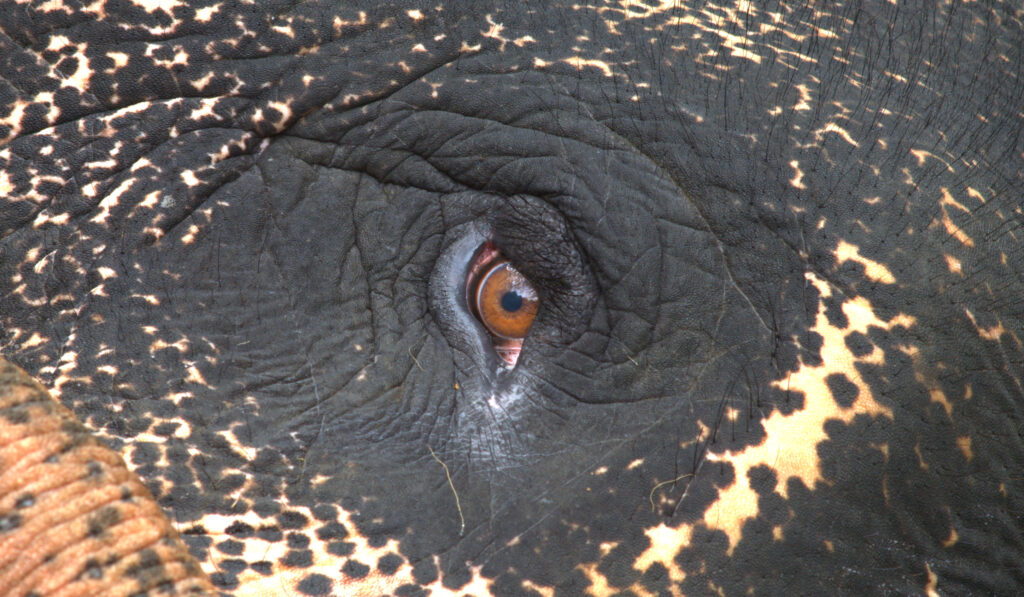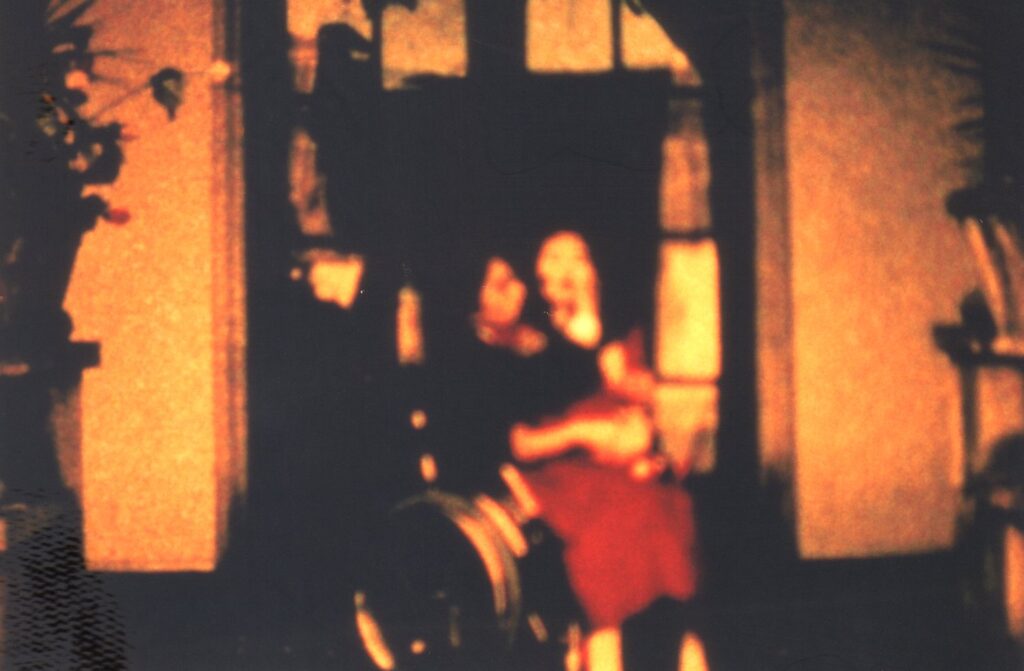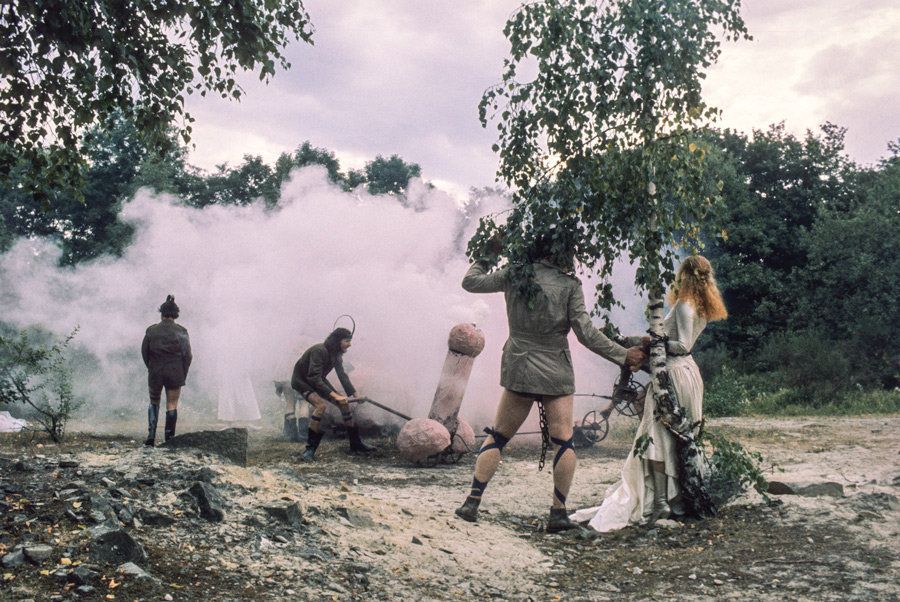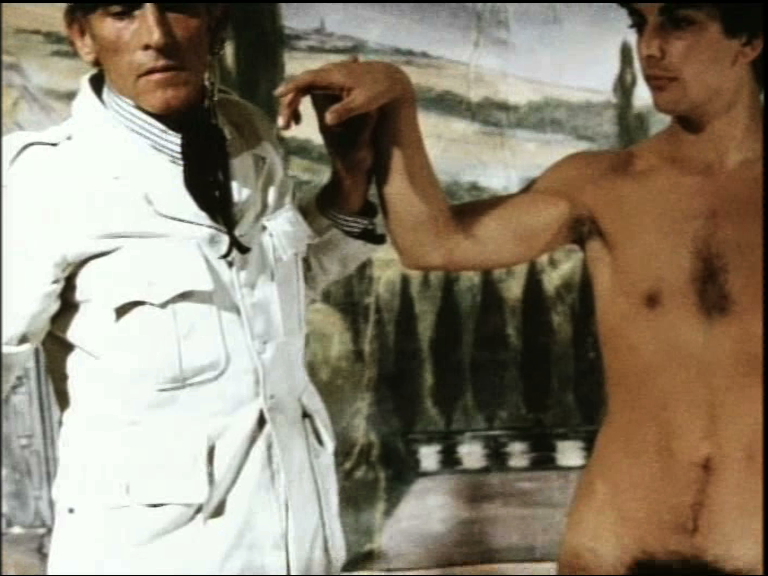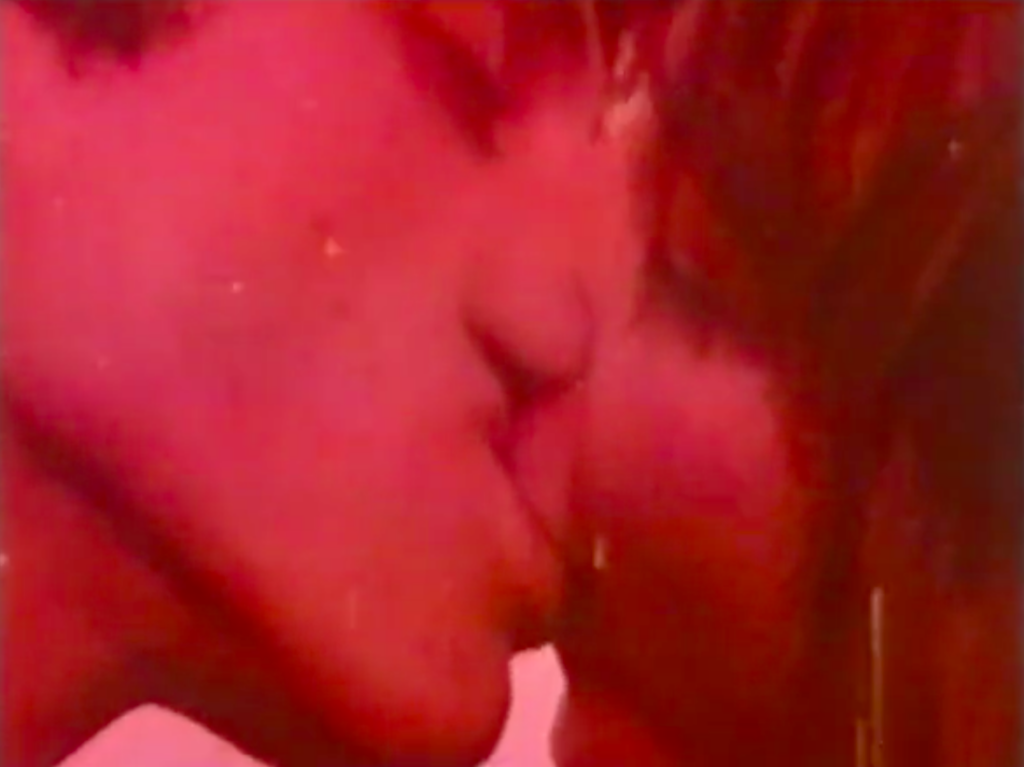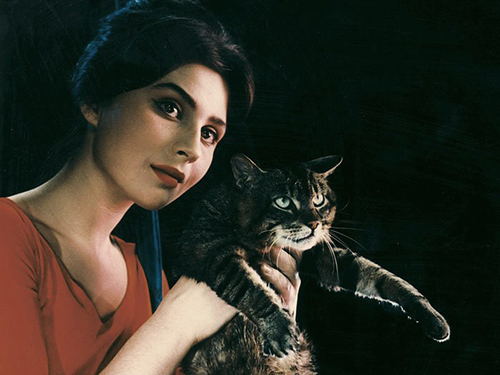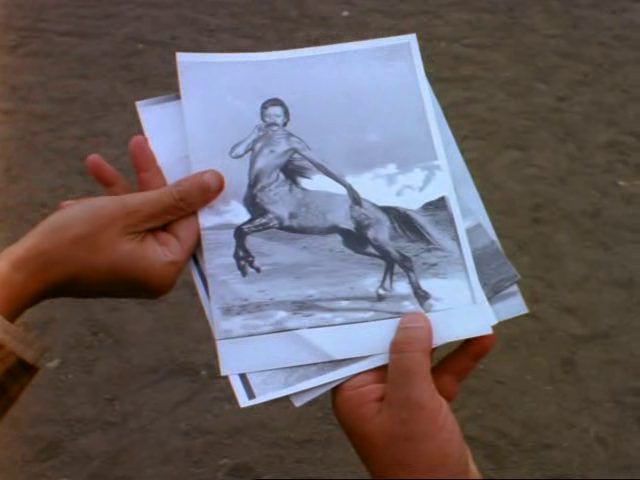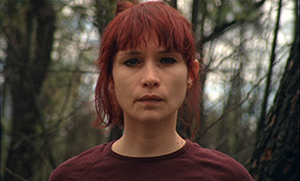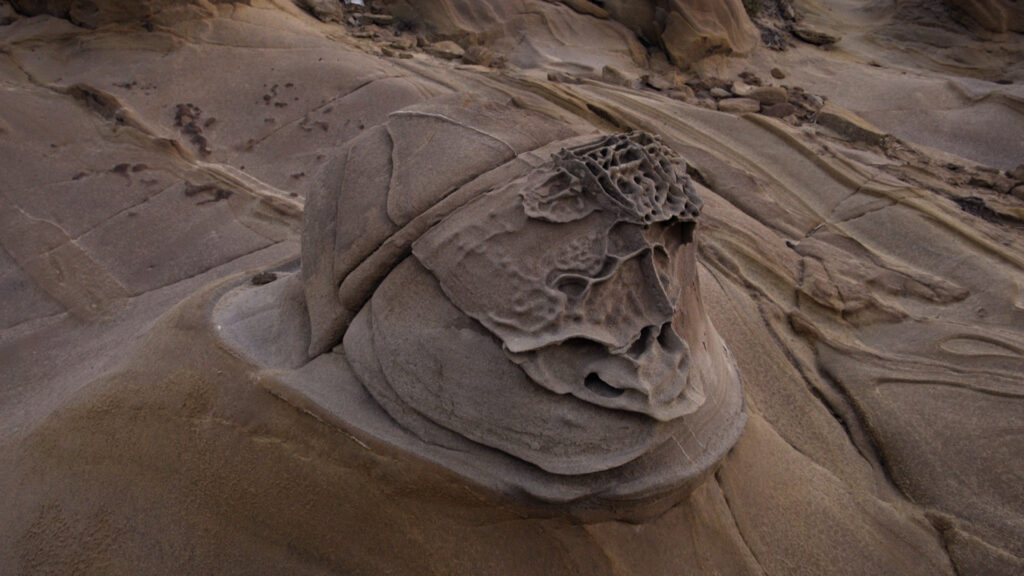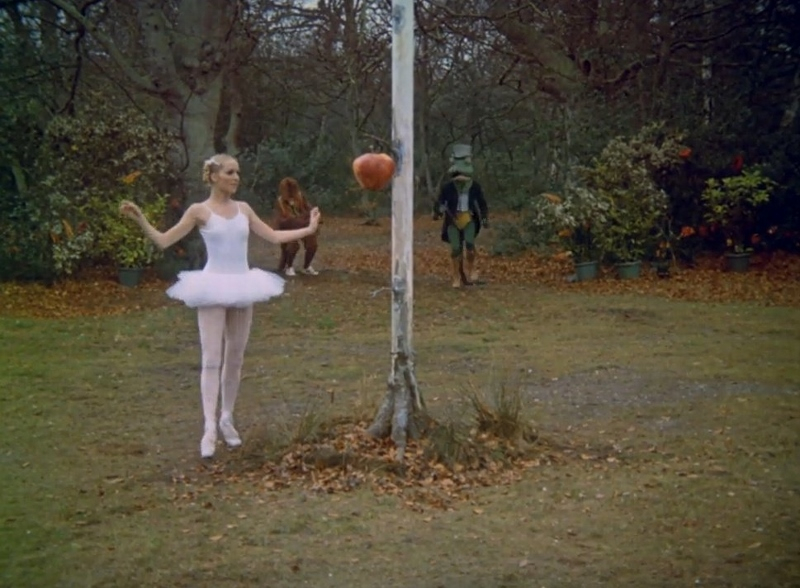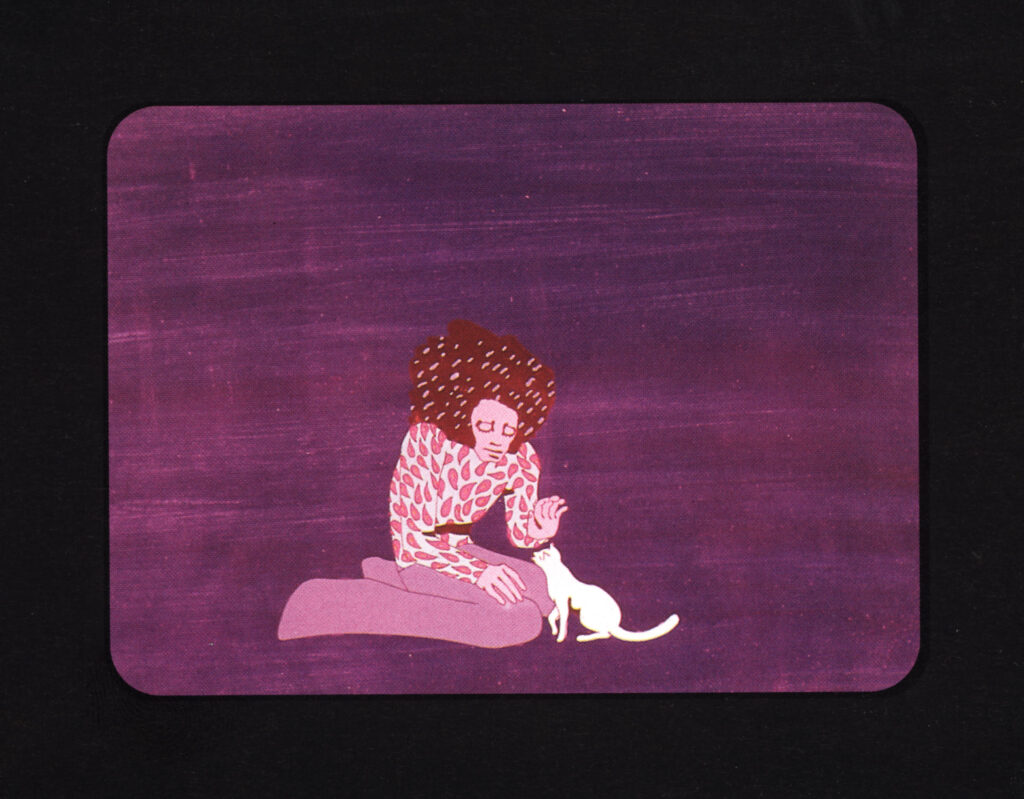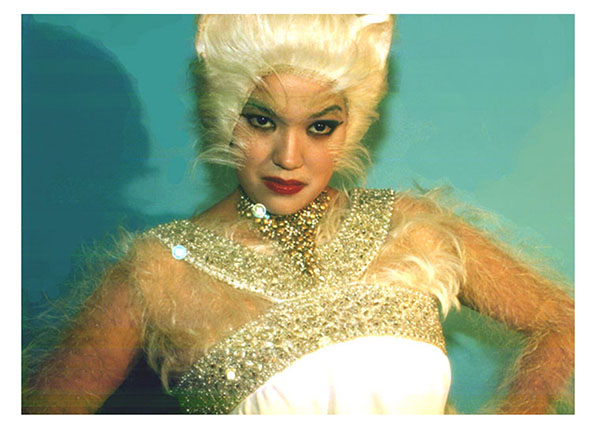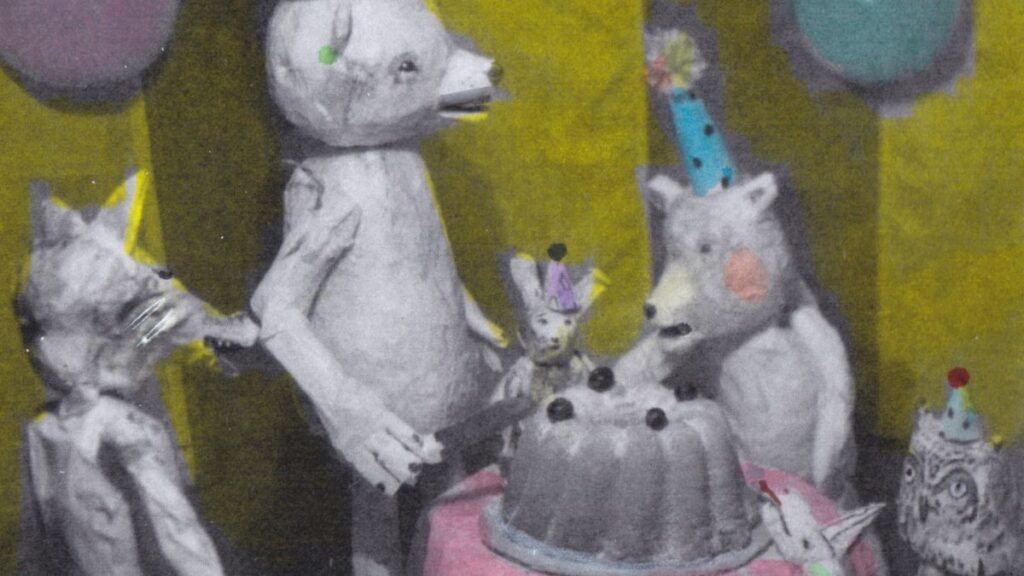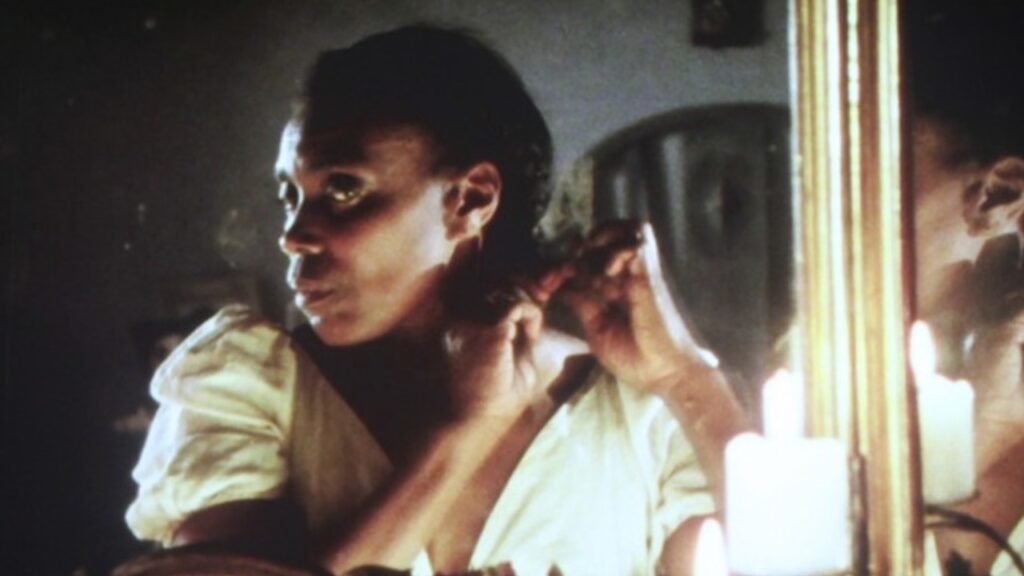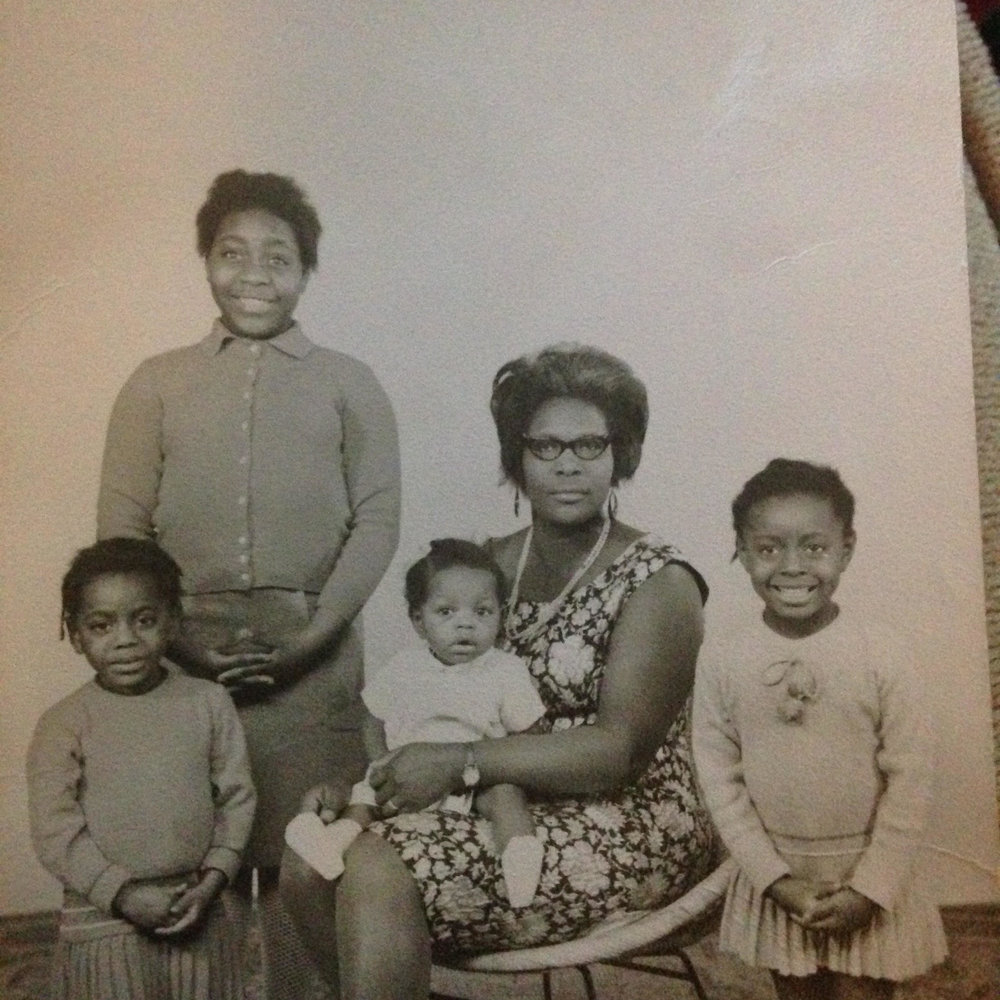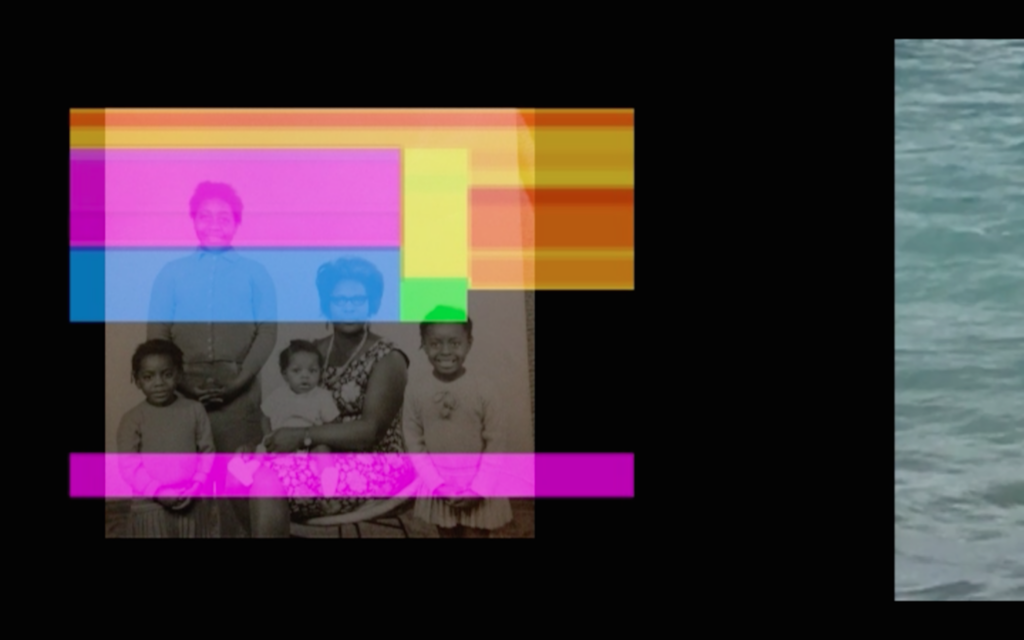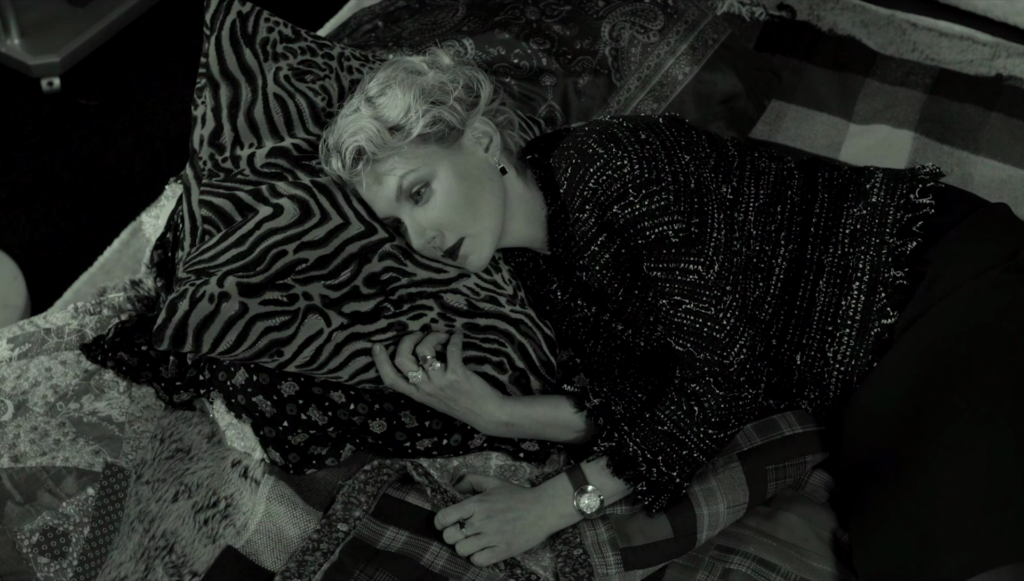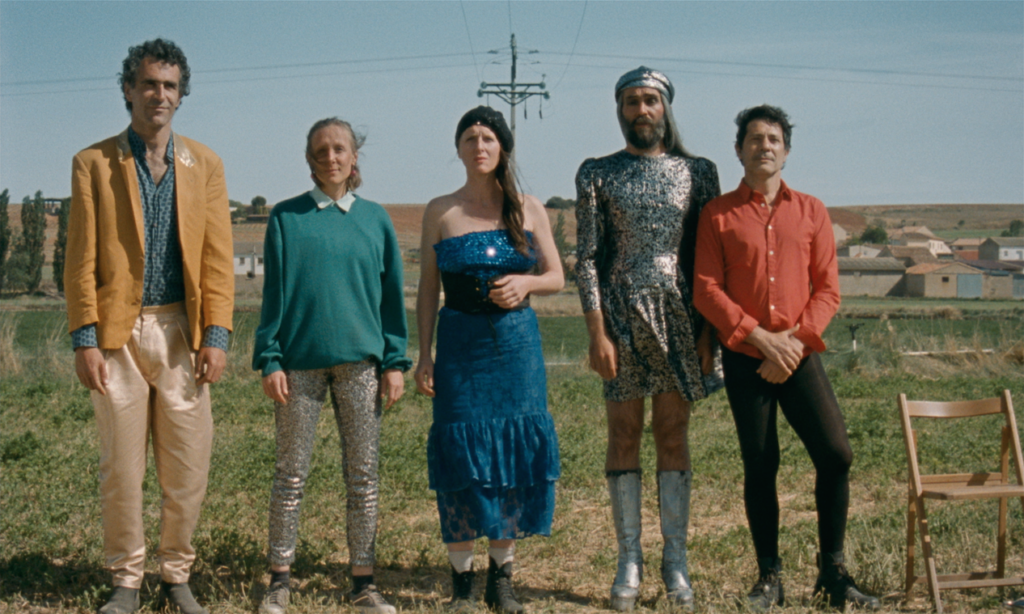Cinématon is a major film work composed by Gérard Courant since 1978. The film consists of silent, three-and-a-half minute portraits of artistic and cultural personalities, numbering over 3,000 to date. The person being filmed can do whatever she/he wants. Taken together, they constitute an archive of international art, film, theatre and entertainment scenes of the past four decades. Jean-Luc Godard, Julie Delpy, Terry Gilliam, Babette Mangolte and Sergei Parajanov star alongside a cast of thousands.
Supported by Northumberland Cultural Fund and ‘Welcome Visitor’ Project
‘Double Ghosts’ is a multi-part exhibition which traverses the Pacific drawing on historical fragments, traces and ghosts from the coasts of Chile to a mountain cemetery in Taiwan. Exploring the status and potential of unrealised and fragmented histories, the exhibition draws together 35mm film, sound recordings, script fragments, photography and archival material filmed and gathered in Chile, France and Taiwan.
‘Double Ghosts’ was commissioned by Berwick Film & Media Arts Festival in partnership with Berwick Visual Arts
Holy Days pictures a strange ballet of both human and non-human animals in a rural landscape. The film opens with a man digging his own grave, only to soon find solace in a mysterious companion.
After a devastating earthquake, Nga, an old elephant and probably the last of its species, and Sanra his mahout are about to embark on a journey to find the mythical elephant’s graveyard. A group of poachers follow them closely, while a journey of discovery and mourning starts. The viewer becomes the protagonist on a sonic trip into the cemetery and beyond.
Q&A with filmmaker Carlos Casas
UK premiere of Cemetery presented jointly by BFMAF and Tate Modern
This adults-only screening pairs two erotic fairytales by women artists. Niki de Saint Phalle’s rarely-screened 1976 feature Un rêve plus long que la nuit is a fairytale trip through the female erotic psyche. Young Camelia, searching for the meaning of life, death and love, finds herself transported to such unpredictable settings as a dreamlike orgy or a raging battlefield. Mari Terashima’s 1989 short Hatsukoi is a silent, gestural film of gothic symbolism, a story of first love that never comes true.
Run Time
Lionel Soukaz is a pivotal figure in European queer cinema: a filmmaker, collaborator with queer theorist Guy Hocquenghem and organiser of the first festivals of Cinémas Différents in France. Combining the pop cultural ironies of Jack Smith and Kenneth Anger with protest cinema, his films target the norms of heterosexual and homosexual culture alike, calling for the end of identity and the free reign of desire. Writer/curator Paul Clinton presents two works by Soukaz with an illustrated lecture.
Run Time
From research to writing, through performance and film, this seminar led by BFMAF 2019 Artist in Profile Marwa Arsanios follows the different stages of building a work—from the act of reading and writing to performing a text out loud to an audience and in front of the camera.
Run Time
When the Cat Comes is one of the more quietly subversive films of the Czechoslovak New Wave, and its visual flair, storybook fantasy and absurd humour make it fun for viewers of all ages. The film won the Cannes Special Jury Prize in 1963 thanks to the winning combination of director Vojtěch Jasný, writer Jirí Brdecka—known for his collaborations with animator Jirí Trnka—and lead actor Jan Werich, writing his own dialogue in the dual role of Comrade Oliva and the Magician.
Love affairs, horse races and male duels unfold at an isolated hippodrome by the sea inhabited by excessive, eccentric characters who strut and pose, fanatically declaim and obsess about their own ‘enthusiasms’. The film’s extravagant monologues were written and performed by the charismatic Renata Litvinova, whose screen presence channels equal parts Marilyn Monroe, Jean Harlow and the loquacious self-possession of a Warholian superstar. Litvinova, a professional screenwriter was discovered by Muratova, immediately becoming a member of her on-screen ‘family’, as well as a cult diva of the new Russian cinema.
Films by Leonor Noivo and Elise Florenty & Marcel Türkowsky
No human is an island. Two short films of grand vision—and great difference—follow their lone protagonists as they negotiate between inner and outer worlds. From the barren but hauntingly militaristic island of Lemnos to a verdant Portuguese forest, both humans rearrange fugitive blocks of cunning and experience to find their point of view.
Q&A with filmmakers Leonor Noivo, Elise Florenty and Marcel Türkowsky
Run Time
Fairytales and fables form the fulcrum of these short films. Zlatko Bourek’s psychedelic-era animation The Cat is a day-glo adaptation of Aesop’s ‘Venus and the Cat’, in which a man falls in love with a cat-turned-woman.
Run Time
This screening and conversation, programmed by Rabz Lansiquot, pairs dancer Zinzi Minott’s durational film works Fi Dem (2018) and Fi Dem II (2019) with Judah Attille’s Sankofa Film & Video Collective-produced Dreaming Rivers (1988) to consider lineages of Black British experimental film.
Q&A with Zinzi Minott
This programme is supported by the Independent Cinema Office as part of a forthcoming project with LUX celebrating films made in and around the Black British film workshops of the 1980s
Run Time
A woman is paid a surprise visit by her long-forgotten classmate, who needs her advice: should he choose a wife or a lover? An outrageously burlesque mise-en-scène is repeated many times over, each in a different setting and performed by new actors. While the viewer doesn’t immediately recognise this, the scenes are screen tests with various actors. Towards the finale, Muratova employs a trick: the black-and-white images are disrupted and the film continues in colour. In the screening room, the producer and a potential investor, a sugar magnate, discuss the material of the uncompleted film. The director has died and there is no money to finish the movie. Muratova asked the big stars of Russian cinema and stage (including Renata Litvinova, Oleg Tabakov and Alla Demidova) as well as the amateur actors from her previous films to collaborate on Eternal Homecoming, exploring the possibilities of aesthetic transformations between past and present.
The Little Girl Who Sold the Sun follows Sili, a girl traversing Dakar’s many obstacles with her crutches. After starting to work as a newspaper vendor, she quickly runs afoul of territorial boys who see her as a competitor. Djibril Diop Mambéty’s final film is handled with gentle lightness and grace, providing incontrovertible evidence of his place not only as a master of African cinema, but as a pivotal figure in the history of cinema. — Herb Shellenberger
The Great Indomitable Circus prepares the premiere of their new performance ‘Rights of Man’. Setting up tent in a sleepy northern Spanish town, they devise changes in the style of their show. But their days become mired in meandering vaudevillian arguments, analysing the grandeur of the landscape, the simplicity of the native architecture or the quality of each other’s performances. After much back-and-forth, they end up sticking to their original script.
Introduction by filmmaker Juan Rodrigañez
The film will be preceded by the 2019 Berwick New Cinema Competition award presentation


